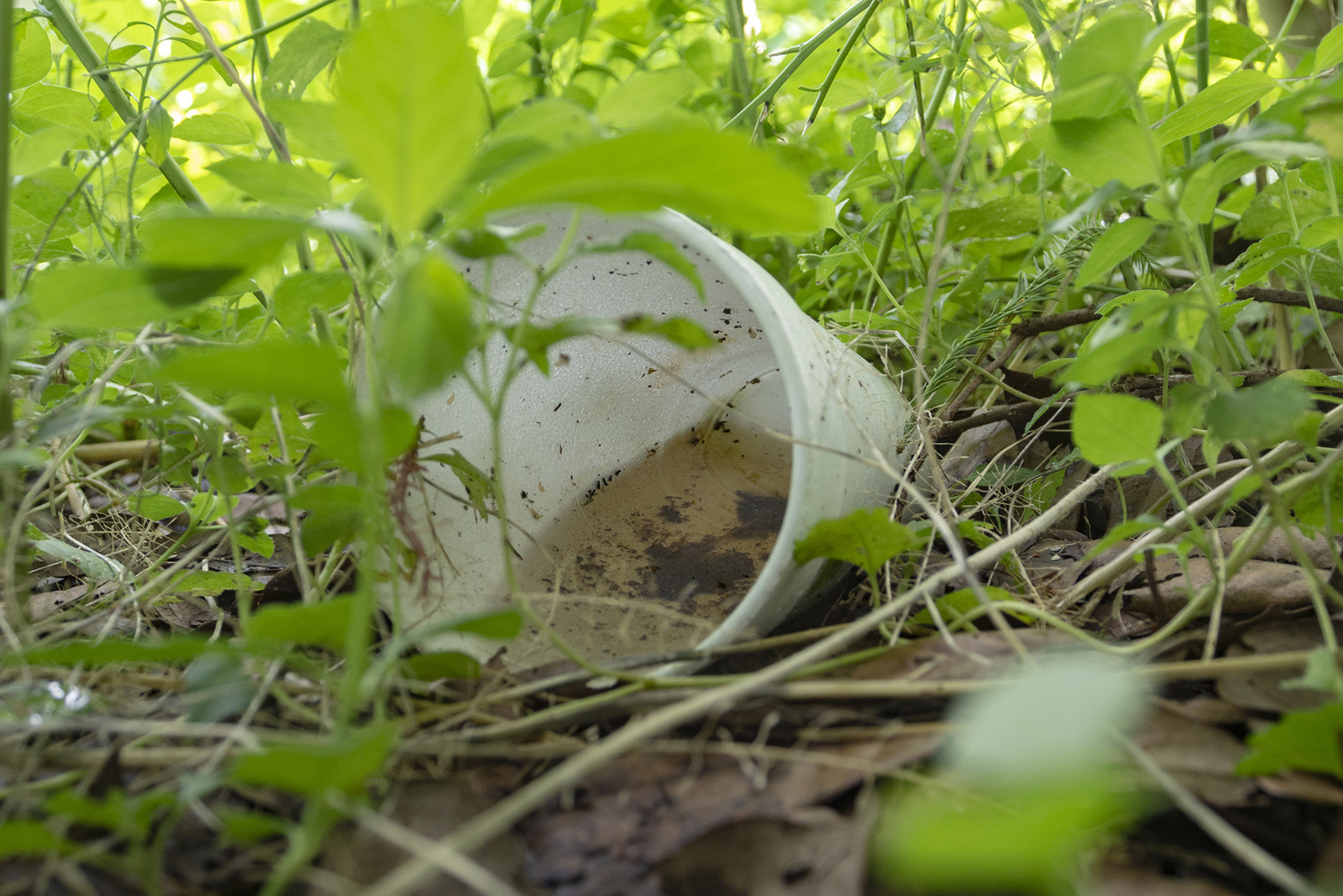
A study out recently has prompted much media attention about the role of plastics in developing autism.
In particular, the study focused on exposure to a component of hard plastics—bisphenol A, or BPA—in the womb and the risk of boys developing this neurodevelopmental disorder.
Importantly, the study doesn’t show plastics containing BPA cause autism.
But it suggests BPA might play a role in estrogen levels in infant and school-aged boys, which can then affect their chance of being diagnosed with autism.
Let’s tease out the details.
Remind me, what is BPA?
BPA is a component of hard plastics that has been used for a few decades. Because BPA is found in plastics used for food and some drink containers, many people are exposed to low levels of BPA every day.
But conc...
Read More








Recent Comments